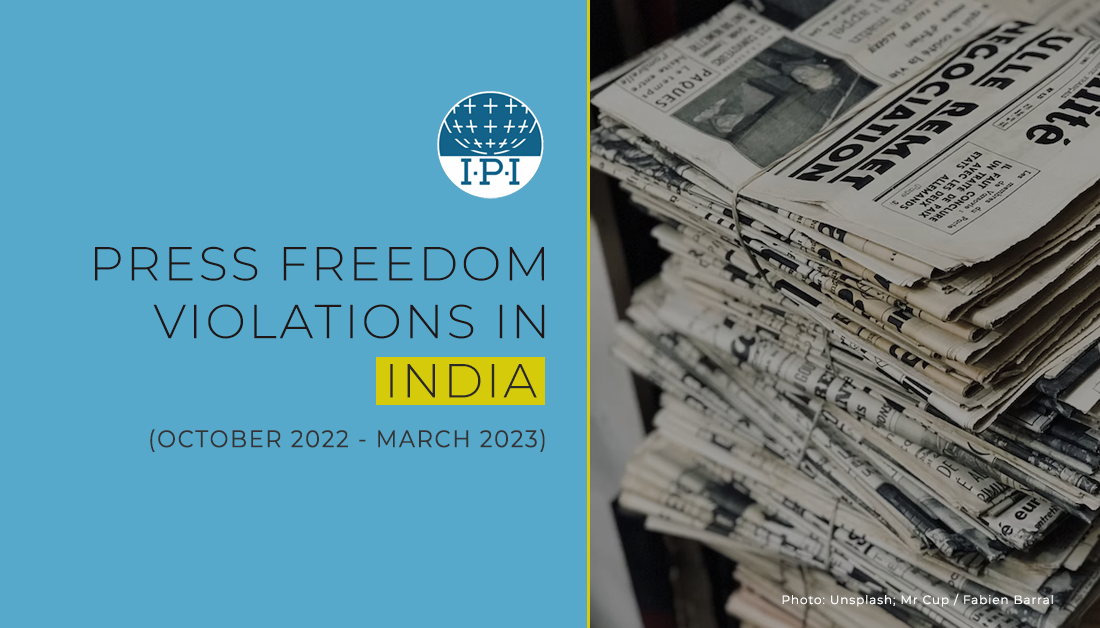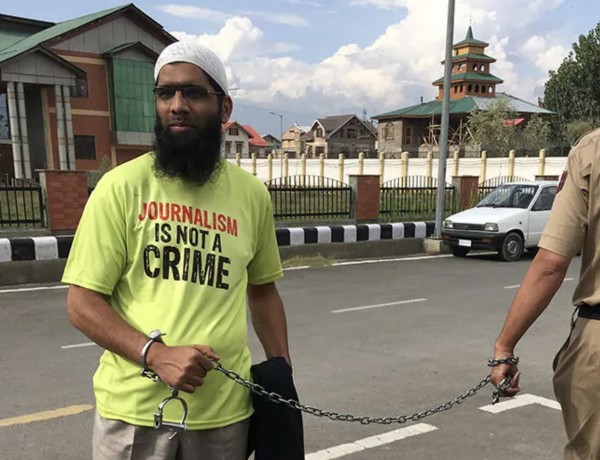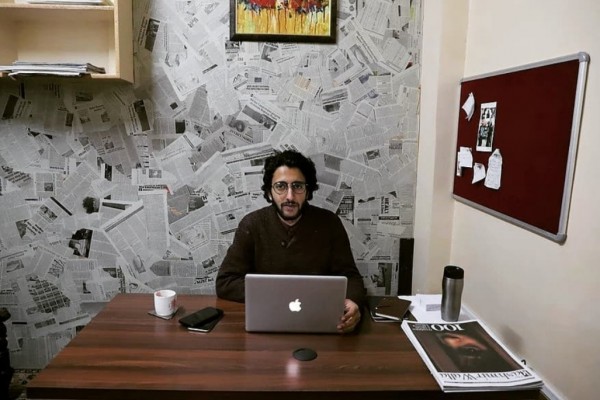Press freedom in India continues to deteriorate under the Modi government, as journalists face physical attacks, legal harassment, and censorship. IPI documented at least 124 press freedom violations in the six-month period between October 2022 and March 2023, a vast majority of which were at the hands of public authorities, including law enforcement and the judiciary.
IPI documented at least 35 cases of censorship during the monitoring period, which included at least 20 internet and mobile network shutdowns ordered by the government. In 2022, India shut down the internet at least 84 times, the highest number of any country in the world for the fifth year in a row. More than half of these network shutdowns occurred in the Jammu and Kashmir region.
During the monitoring period, the government abused emergency powers to tighten its control of online content and silence independent media, including by ordering Twitter to block 122 accounts, which belonged to journalists, authors, and politicians in India, amid an ongoing crackdown on civil liberties in Punjab. In January 2023, the government also ordered Twitter and YouTube to block clips of a BBC documentary critical of Prime Minister Modi, and then ordered a raid of BBC offices in New Delhi and Mumbai as part of an investigation into tax violation allegations.
In addition, Gautam Adani, a billionaire and Modi ally, took control of NDTV, acquiring nearly 65 percent of the independent news channel.
According to IPI’s monitoring, at least 35 journalists experienced physical, verbal, or online attacks, a continuation of previous trends identified by IPI monitoring.
IPI monitors and collects data on press freedom violations in Pakistan as part of a cross-border project that brings together partner media outlets in India, Pakistan, Bangladesh, and Nepal to create public awareness about attacks on journalists and highlight the decline of press freedom across South Asia.



